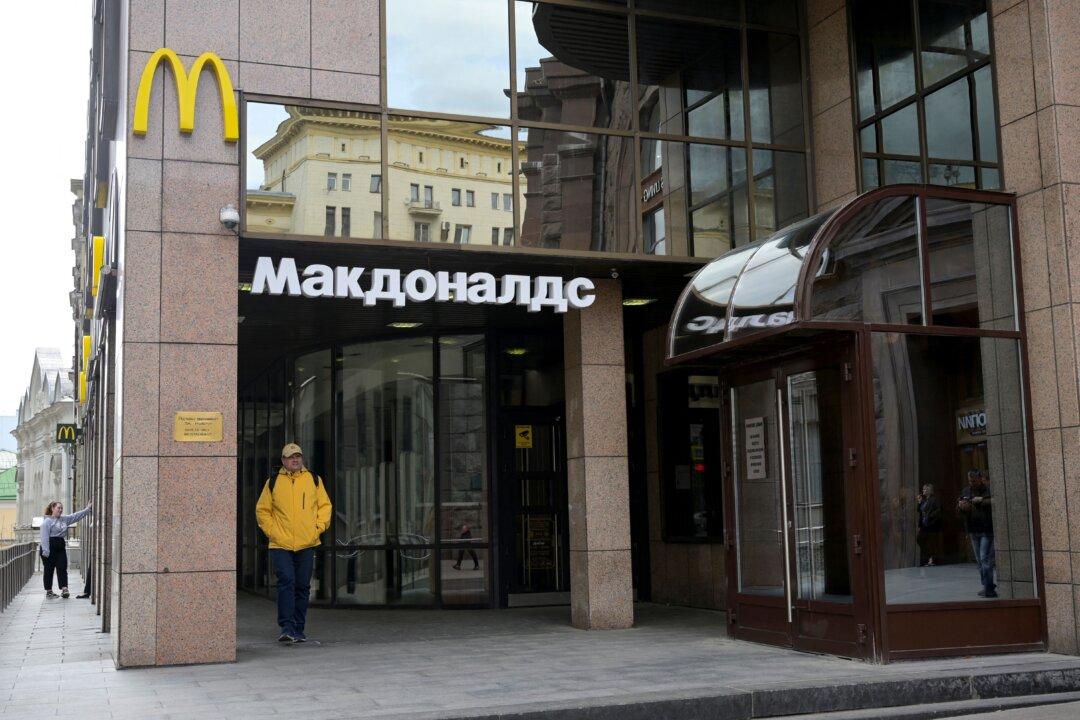McDonald’s announced on Monday that it would be permanently closing its 850 franchises in the Russian Federation, ending over three decades of engagement with the Russian market and signifying Russia’s increasing isolation from the global economic community since President Vladimir Putin’s authorization of the invasion of Ukraine.
After more than thirty years of operating within Russian borders, McDonald’s has officially begun to sell its properties within the nation, citing humanitarian, legal, and financial concerns about the company’s involvement in Russian markets.





